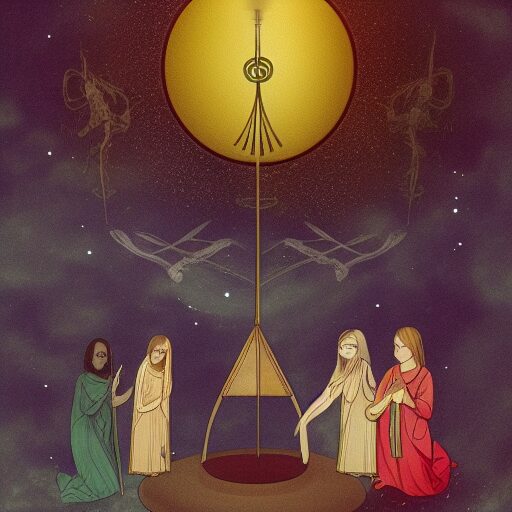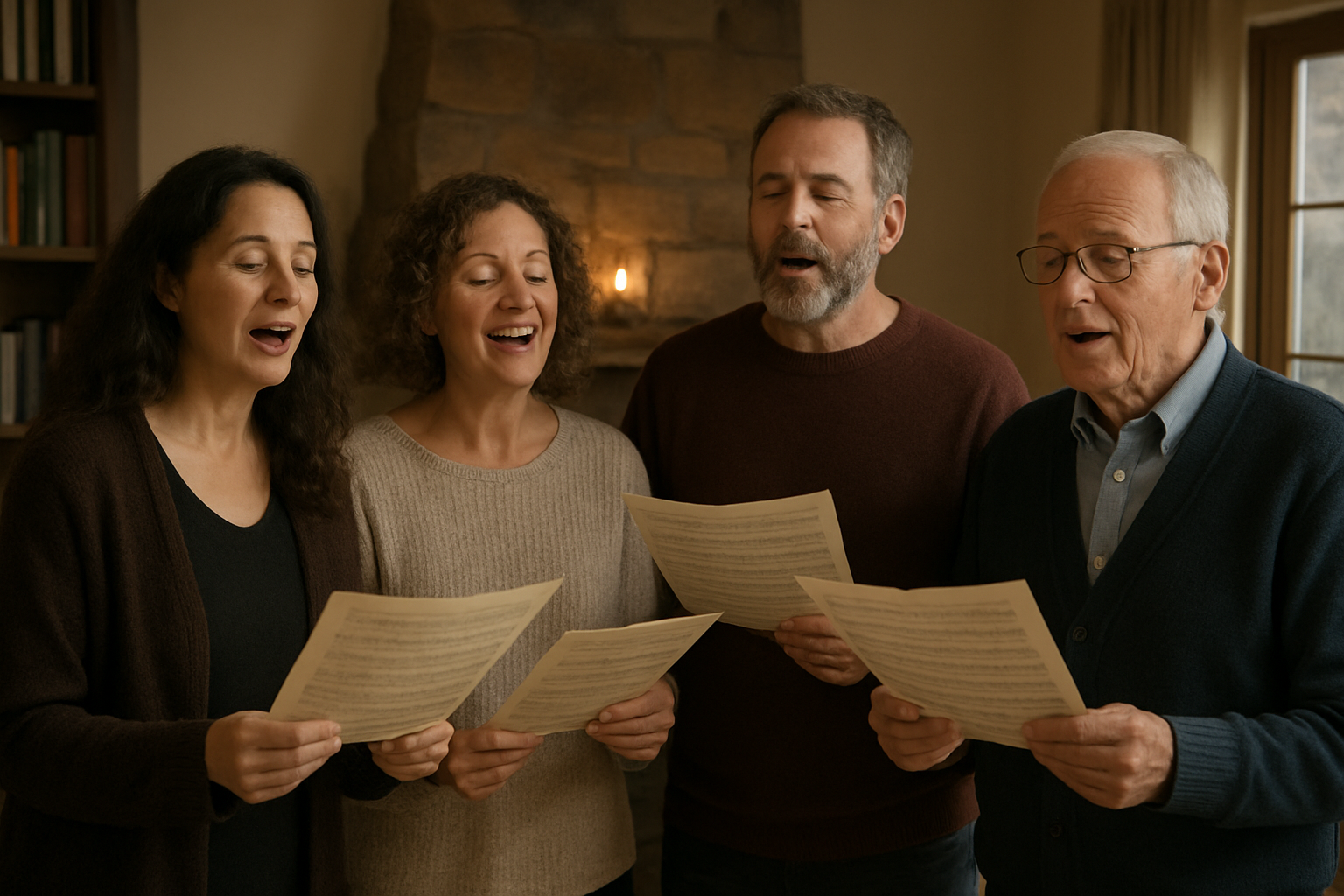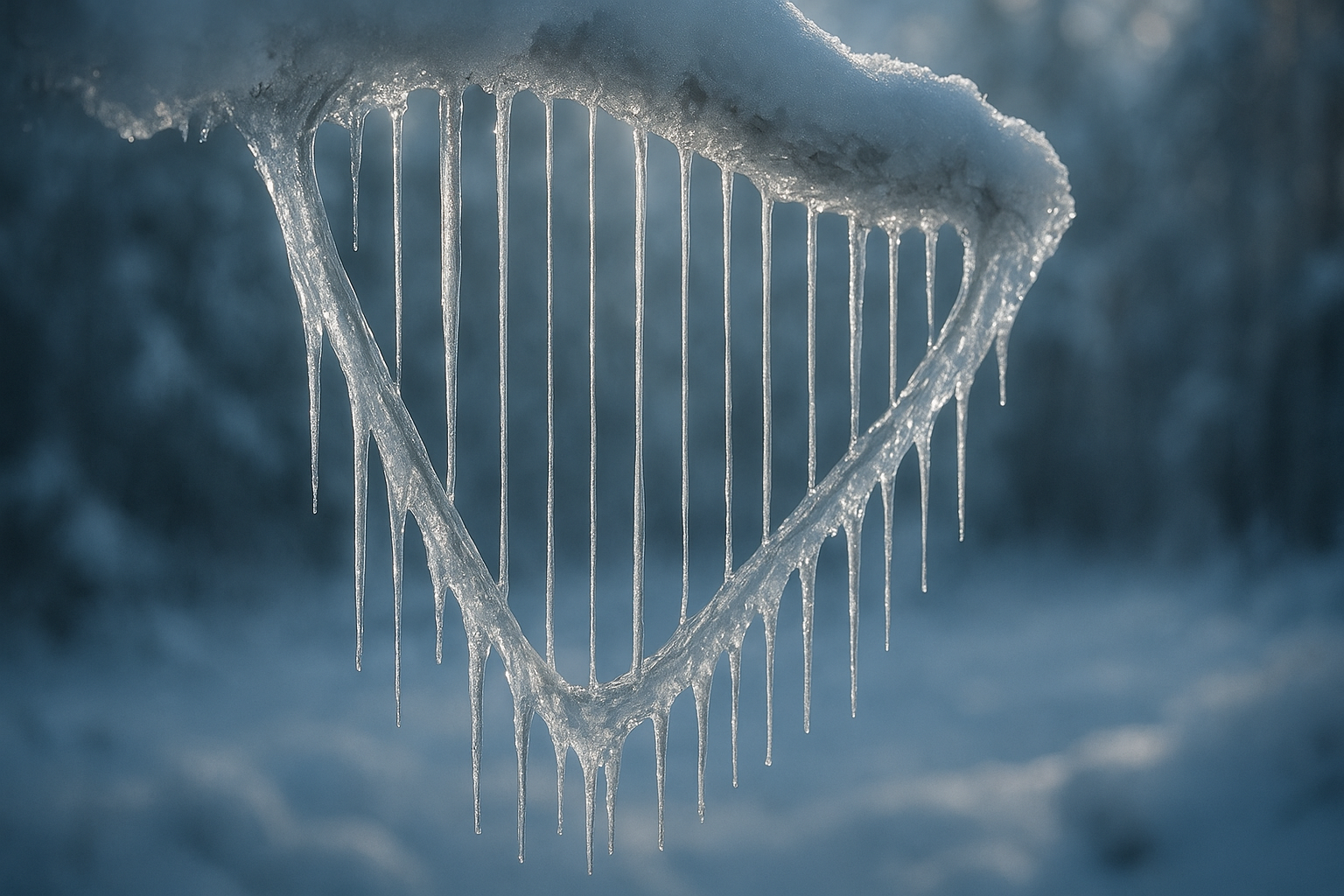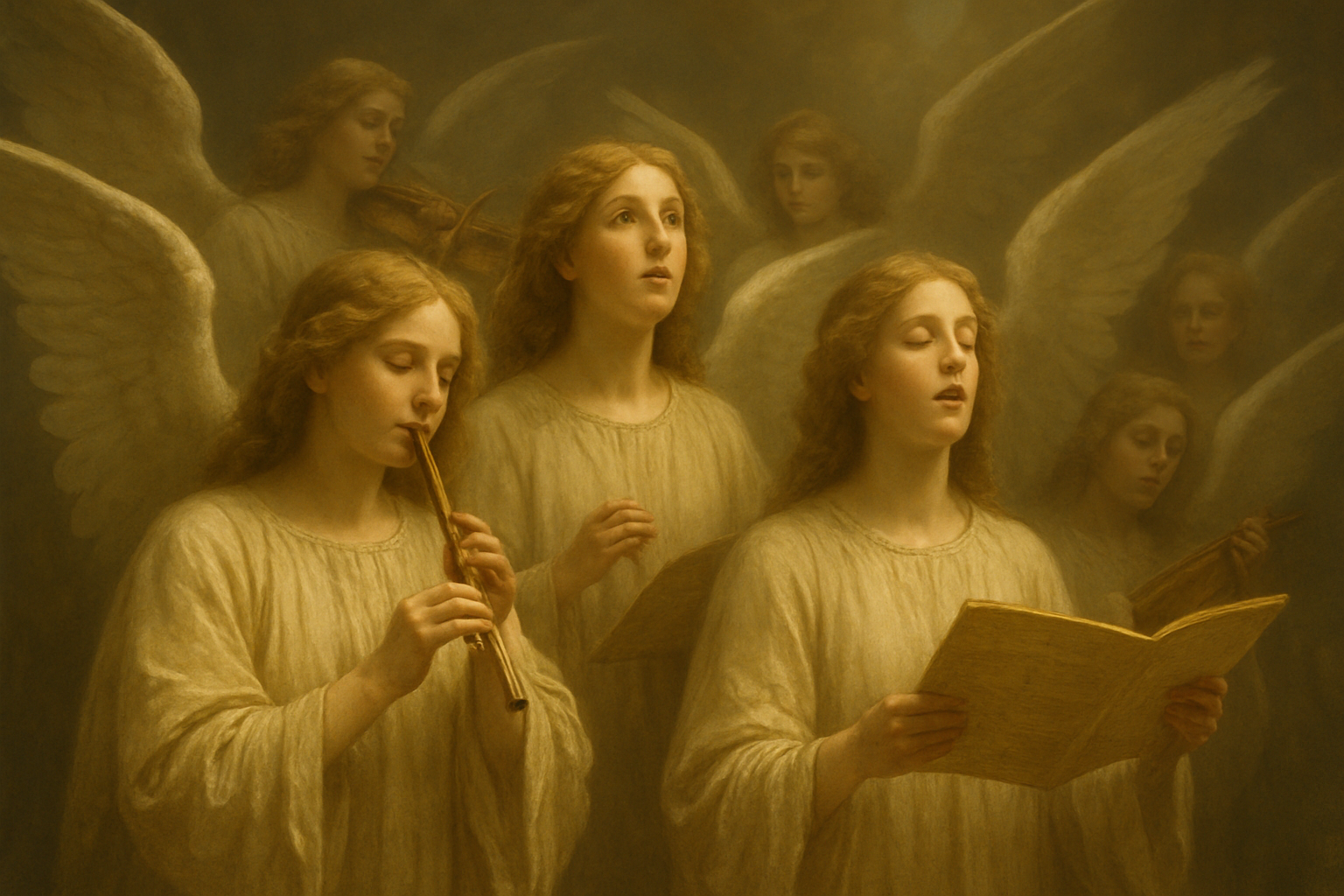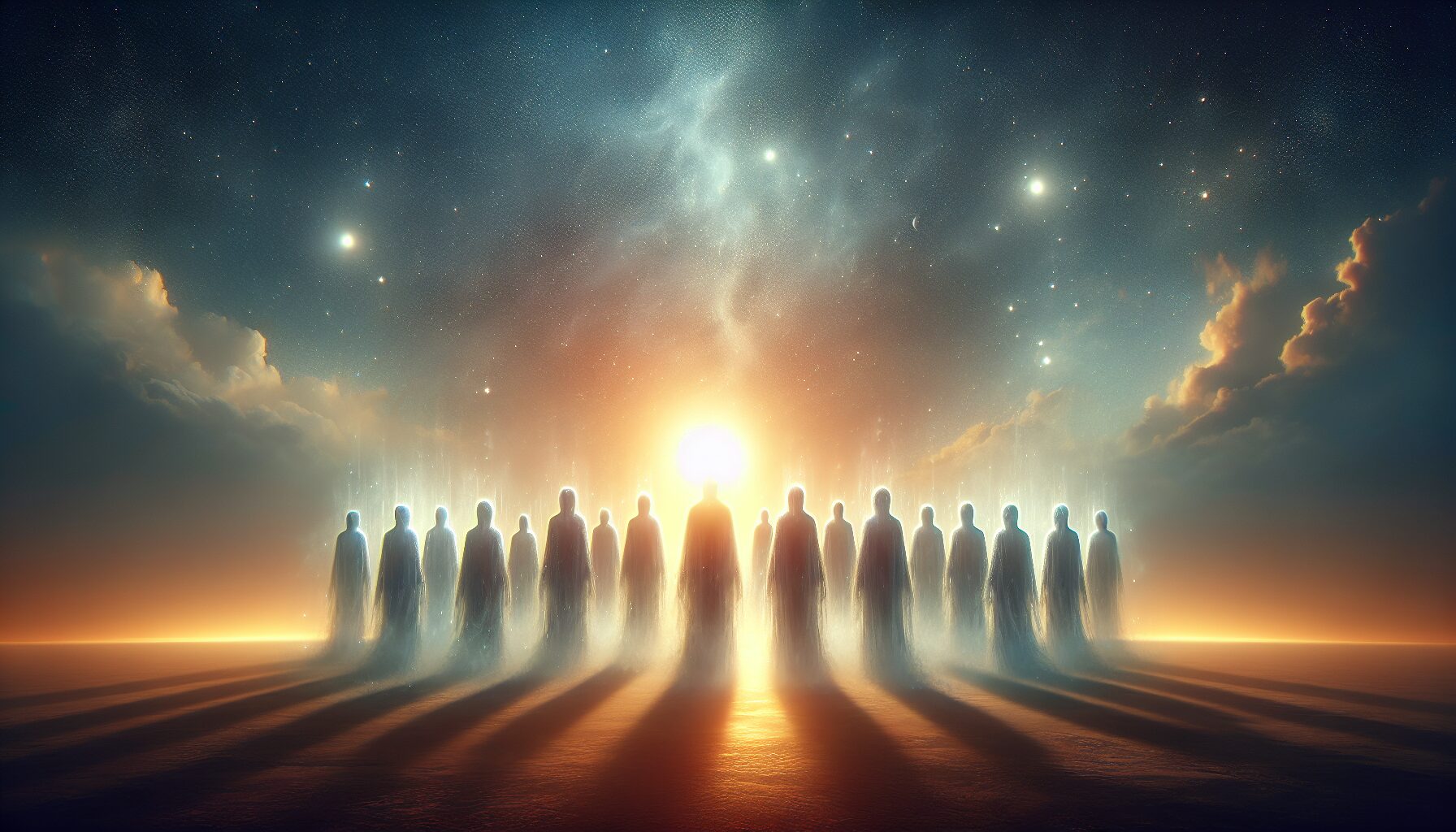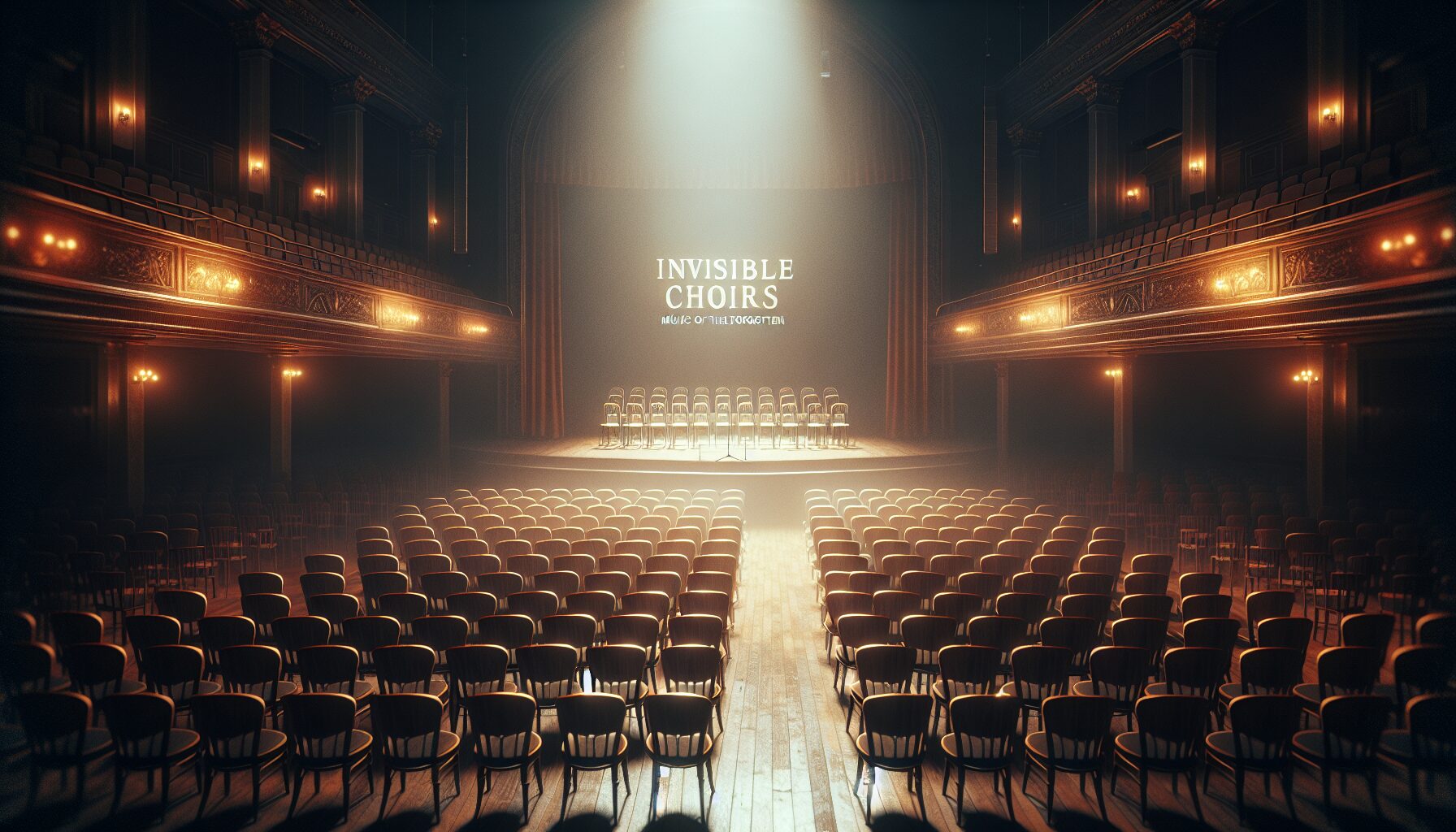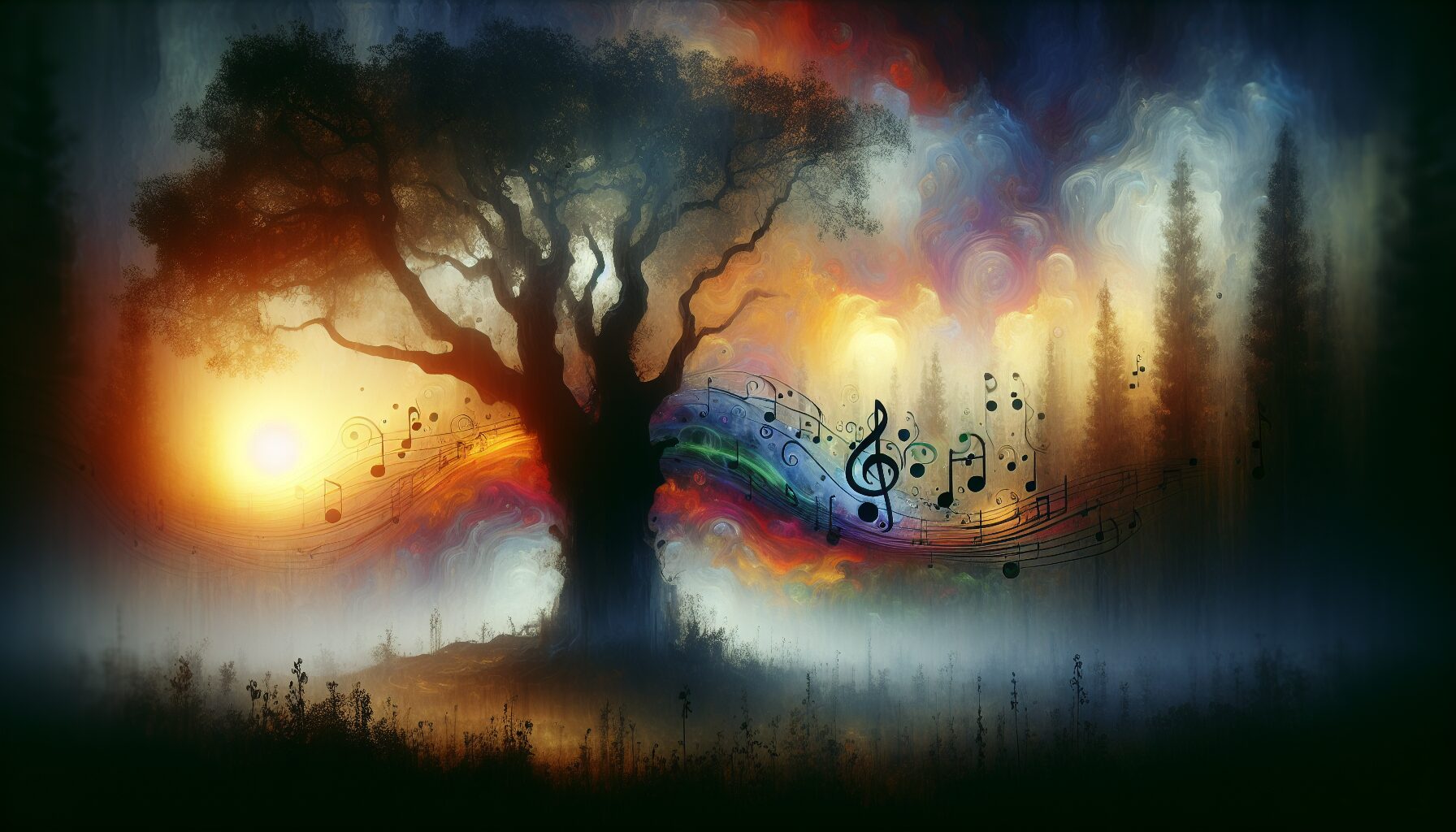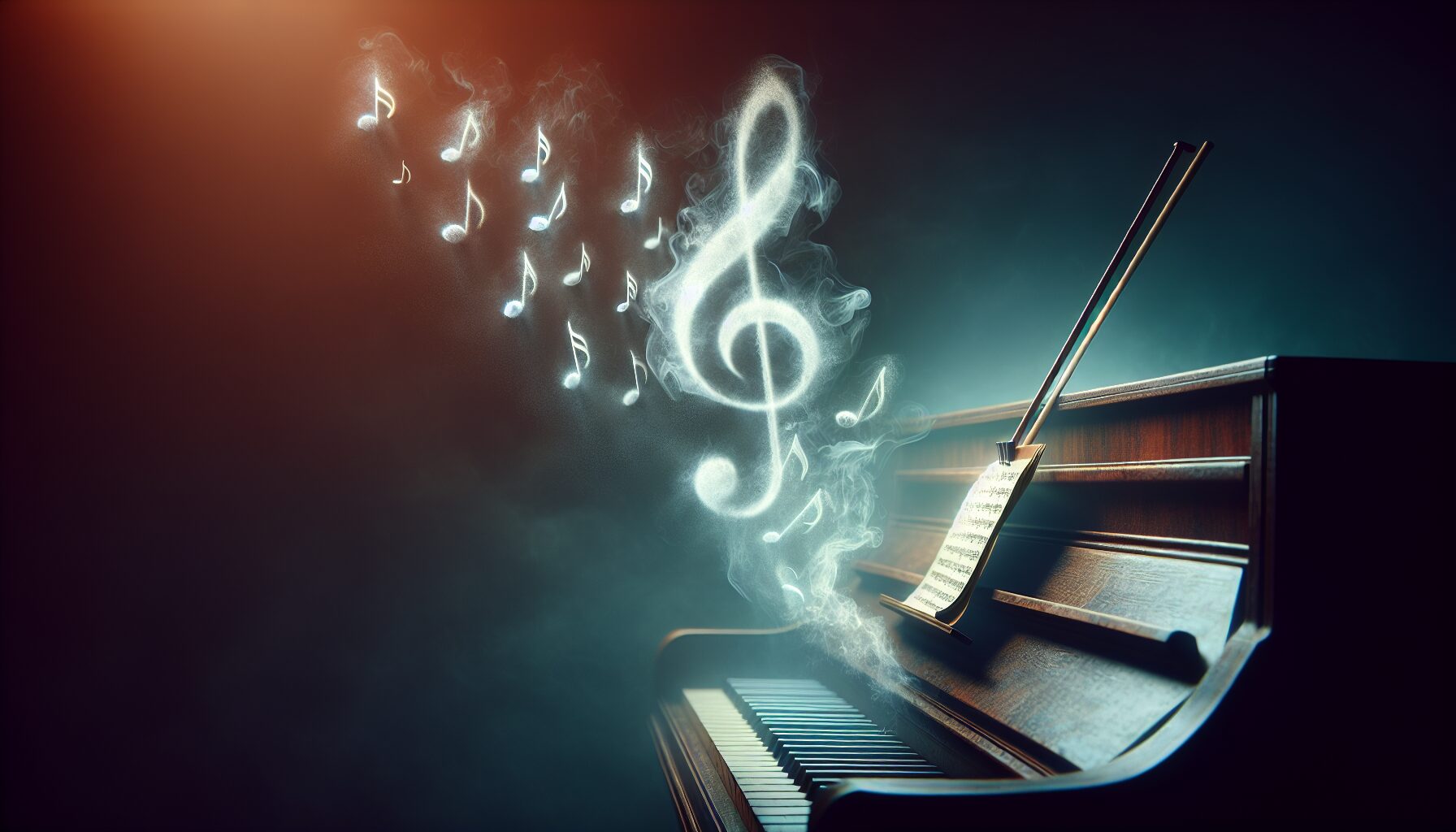In the hushed expanses of the world’s frozen frontiers, where the air is thin and silence reigns, nature plays a symphony all her own. Amongst these pristine wildernesses lies a hidden treasure: the icicle harp, a natural instrument whose crystalline notes weave a delicate tapestry of sound, captivating those who venture near.
The Formation of Icicle Harps
Icicle harps are fashioned by the hands of the elements. As water drips and freezes in successive layers, icicles form, stretching downwards like the strings of a grand harp. When the wind breathes through these icy tendrils, or when a curious adventurer strikes them gently, they sing.
According to an article by National Geographic, the vibrations produced by these icicles vary in pitch depending on their length, thickness, and the surrounding air temperature. “Each icicle produces its own unique tone, and when combined, they create a haunting melody that seems to echo from another realm,” says National Geographic.
The Artistry of Nature
The beauty of icicle harps lies in their transient existence. Like a snowflake or a rainbow, they are ephemeral, gracing us with their presence only briefly. These frozen compositions are most often found in caves, cliff overhangs, and on the eaves of remote cabins, away from the warm breath of civilization.
“It’s otherworldly, the way they sound,” remarks Jørn Tuhresen, an Icelandic explorer. “You strike one icicle and it resonates with others. Sometimes, it’s almost as if they’re communicating, sharing secrets held in winter’s heart.”
Encounters with Icicle Harps
While icicle harps are a rare find, adventurers and musicians alike have sought them out, drawn by the allure of their ethereal music. In regions such as Alaska, Russia, and Northern Europe, these natural phenomena become an irresistible muse for those seeking inspiration off the beaten path.
Musician’s Perspective
In a documentary segment produced by The Discovery Channel, musician Sarah Crispin describes her first encounter with an icicle harp: “I was hiking through the Fjords of Norway when I found a series of icicles hanging from a cliff face. The wind was strong that day, and you could hear them singing above the roar of the ocean. It was a harmony unlike anything I had ever heard before. I felt compelled to capture that sound in my compositions.” Discovery Channel.
The Scientific Inquiry
Scientists have also explored the physics behind icicle harps. By studying the unique acoustics, researchers have gained insights into the properties of ice and sound transmission. A study published in the Journal of Glaciology reveals that the vibrations produced can help scientists understand ice formation processes better, a crucial aspect as climate change continues to affect polar regions.
Icicle Harps in Culture
The mystical allure of icicle harps has permeated various aspects of culture, from music to literature. These instruments of nature have inspired composers to replicate their ethereal sounds in orchestral works and film scores, seeking to evoke the raw beauty of untamed wilderness.
- Literature: Nature writers have frequently personified icicle harps in poetry and prose, citing them as symbols of winter’s ephemeral beauty and nature’s musical ingenuity.
- Music: Pieces like “Winter’s Embrace” by modern orchestras incorporate sounds meant to mimic the tones of icicle harps, often using celestas or glass instruments to achieve similar auditory effects.
Preservation and Conservation
As climate change poses a threat to our planet’s frozen landscapes, the conservation of places where icicle harps naturally occur has become crucial. Environmental organizations aim to protect these locales, not only for their ecological value but also for the cultural and artistic inspiration they offer.
“The sounds of the icicle harp are a reminder of the delicate balance of nature,” says Dr. Eleanor Welsh, a climatologist with the Greenpeace. “Protecting these formations is about preserving the music of our planet, a melody that is in danger of being lost amidst rising temperatures.”
Conclusion: A Legacy of Frozen Melodies
Icicle harps represent more than mere cold curiosities; they are a testament to the intricate artistry found within nature’s silent symphony. As we move forward into an era where our relationship with the environment must become more harmonious, the haunting sound of these frozen instruments reminds us of the delicate interplay between nature and humanity.
In exploring the realms of ice and quietude, where these formations hide during their short-lived existence, we find more than just echoes of chill winds—we discover songs that sing of time, existence, and the gentle power of the natural world. As you listen to these hidden melodies, you are, for a moment, connected to a timeless concert conducted by the world itself.
